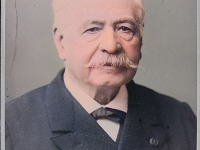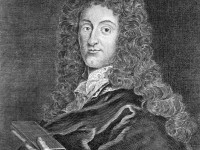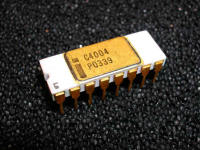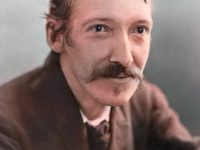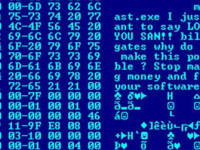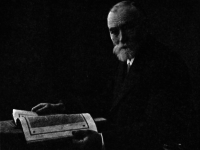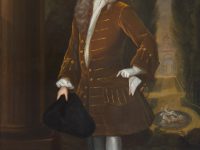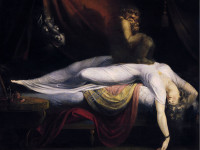Ferdinand de Lesseps and the Suez Canal
On November 19, 1805, French diplomat and later developer of the Suez Canal Ferdinand Marie, Vicomte de Lesseps was born. The Suez Canal that was constructed under de Lessep’s supervision in 1869 joined the Mediterranean and Red Seas, substantially reducing sailing distances and times between the West and the East. “Since 1849 I have studied incessantly, under all its aspects, a question which was already in my mind [since 1832. I confess that my scheme is still…
Read more

